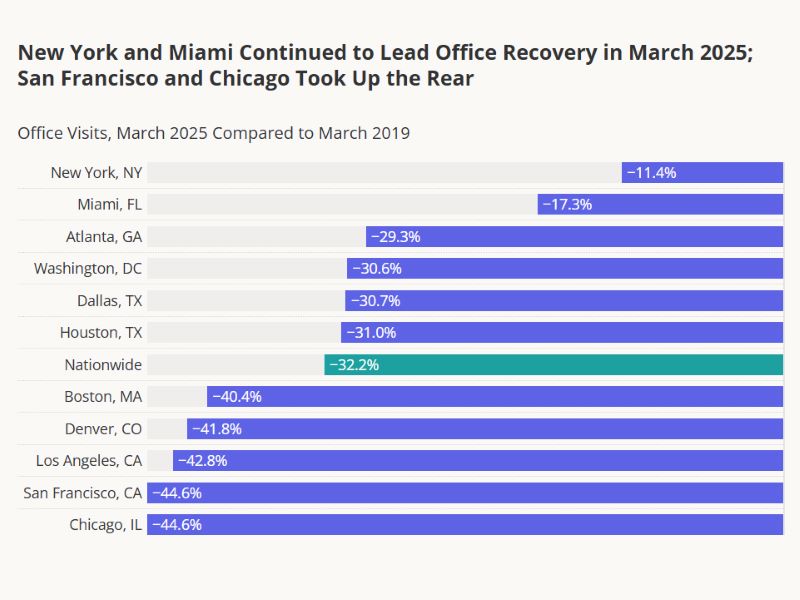Experts: Lehman RE Sale Could Be Major Opportunity
Lehman Brothers Holdings Inc.’s sale of its commercial real estate assets may entice opportunity funds with the patience to wait for a positive turn in the real estate cycle, according to two real estate professionals. According to media reports, Lehman is looking to peddle about $14 billion of its $40 billion in commercial property and…
Lehman Brothers Holdings Inc.’s sale of its commercial real estate assets may entice opportunity funds with the patience to wait for a positive turn in the real estate cycle, according to two real estate professionals. According to media reports, Lehman is looking to peddle about $14 billion of its $40 billion in commercial property and securities. A group that includes BlackRock Inc. is negotiating with Lehman to buy the assets, according to a report last week from Bloomberg. “Lehman has an awful lot of real estate that is clogging up their balance sheet, and they have to get rid of it,” said Lawrence Longua, clinical associate professor at New York University’s Schack Institute of Real Estate. “It’s impeding their ability to do business.” Longua said a good part of the sale will include both debt and equity deals that Lehman has kept on its books, and not just loans intended for securitization. He said Merrill Lynch’s sale of approximately $30 billion of collateralized debt obligations to Lone Star Funds in late July “broke the ice” on this type of fire sale, noting that Lone Star Funds purchased the paper for $6.7 billion, or about 22 cents on the dollar. Today’s scenario is similar to that of the early 1990s, when many opportunity funds were formed to buy distressed assets. “They know this is a cyclical industry, and that asset values will rise once capital re-enters the market,” he said. Longua said that is likely when the loan securitization market, which he characterized as “anesthetized,” kicks back into gear. It is hard to gauge what types of loans Lehman owns, but there may be some similar to a $225 million New York City apartment loan that made news today, said Richard Green, professor of public policy and business at the Lusk Center for Real Estate at the University of Southern California. That loan was written on the assumption that the borrower would be able to convert about 50 percent of rent stabilized apartments at the Riverton Apartments in Harlem to market rate apartments, boosting cash flow, and enabling the borrower to cover debt service. “That’s assuming they can navigate the politics of New York City,” Green said. “That’s highly speculative.” But the conversion rate has been slower than anticipated, and according to a report from Reuters today, the borrowers appear ready to default. The loan was part of a CMBS issuance from Deutsche Bank AG. While Lehman’s portfolio will likely contain other loans which may have been originated in 2004 and 2005, and are performing well, borrowers may have trouble attaining similar loan proceeds when they come up for refinancing, Green said. According to several media reports, Lehman may report a loss of $1.8 billion for this year’s third quarter. In June, the firm reported a net loss of $2.8 billion for the second quarter.






